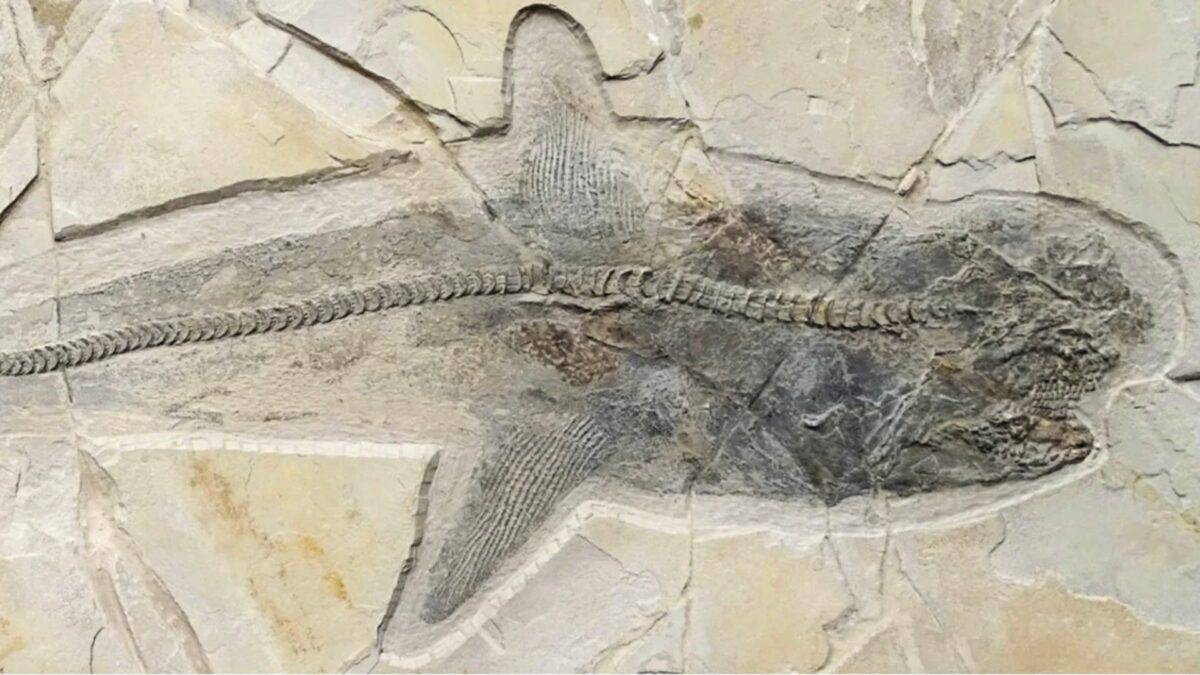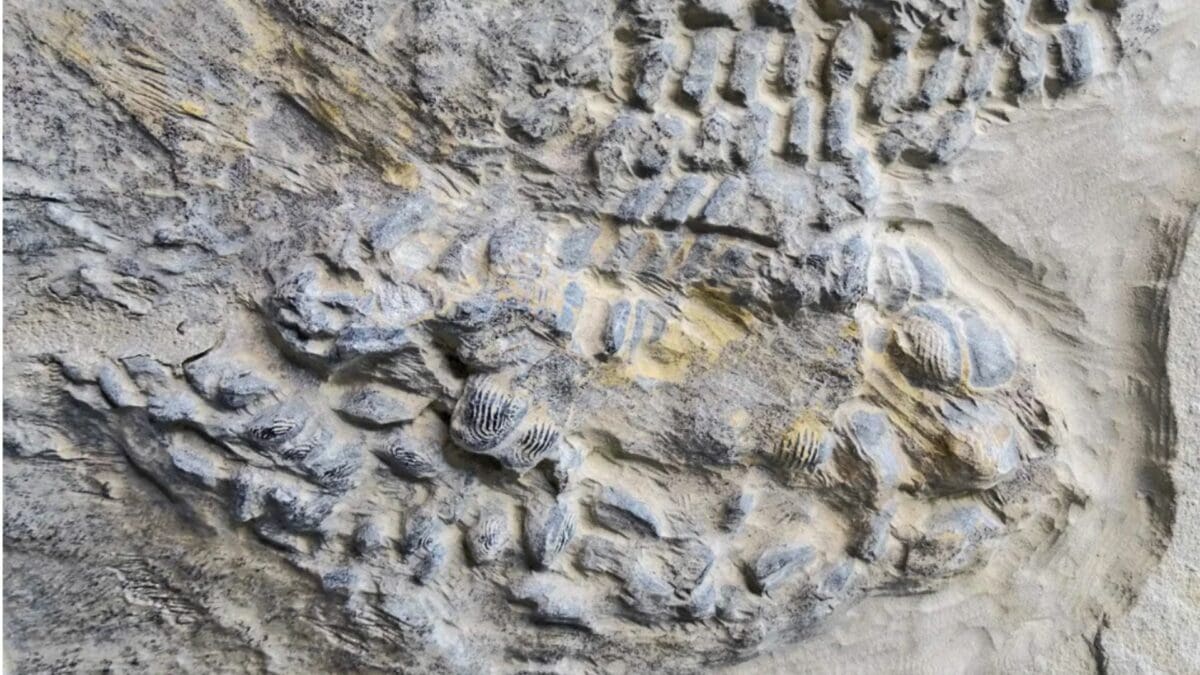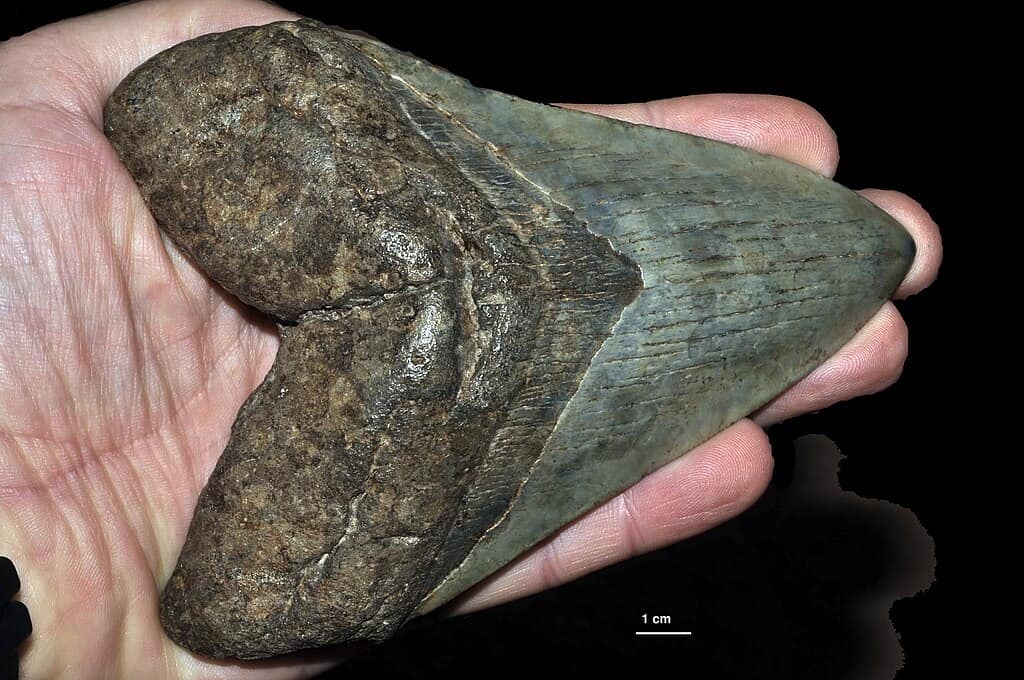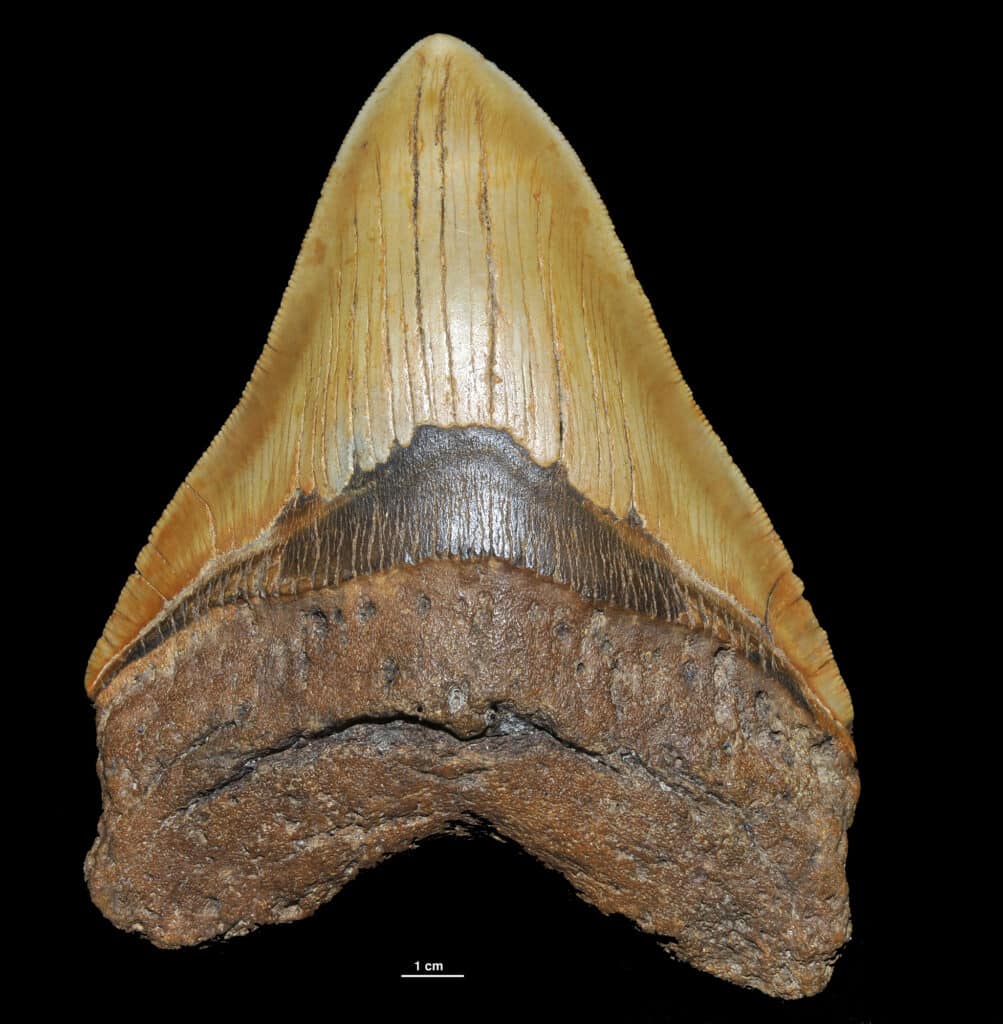Scientists have unearthed a surprising relic from our planet’s deep past—a shark fossil that stands as the oldest ever discovered in North America. This find not only shines a light on prehistoric marine ecosystems but also offers a captivating glimpse into the ancient lineage of sharks. As we explore this discovery, we’ll uncover the details of the fossil, its significance, and what it tells us about the Earth’s distant past.
The Journey to an Extraordinary Discovery

In a remote corner of North America, a team of paleontologists stumbled upon a remarkable find—a fossilized remnant of an ancient shark. While the exact location remains confidential to protect the site, the discovery process was meticulously executed using cutting-edge technology and the expertise of seasoned scientists, driven by the quest to unveil hidden chapters of Earth’s history.
Unraveling the Age of the Fossil

The fossil, which has been dated to approximately 400 million years ago, belongs to the Devonian period, a time when marine life was flourishing. The Devonian, often referred to as the “Age of Fishes,” was a pivotal era for the evolution of vertebrates. This ancient shark swam the waters long before the dinosaurs walked on land, making it not just a North American milestone but also a global one.
A Glimpse into the Past Ecosystems

This discovery provides an unprecedented look into ancient marine ecosystems. Sharks were among the apex predators of their time, and their presence in the Devonian seas likely played a key role in shaping the marine biodiversity. Fossils like these help scientists reconstruct these old environments, piecing together intricate ecological networks from millions of years ago.
The Unique Characteristics of the Fossil

The fossil exhibits traits typical of early sharks, such as well-preserved cartilage structures rather than bones. This characteristic highlights the evolutionary journey of the shark’s skeletal structure. Additionally, the fossil’s teeth reveal specialized adaptations for predation, offering insight into the diet and feeding habits of these early marine creatures.
The Evolutionary Significance of the Find

Uncovering the oldest known shark fossil in North America offers crucial data, helping scientists trace the evolutionary path of modern sharks. By analyzing these ancient specimens, researchers can identify transitional features that bridge the gap between modern sharks and their primordial ancestors, presenting a clearer picture of shark evolution over time.
Technological Advances in Paleontology

The discovery of this fossil was made possible through advanced detection methods such as ground-penetrating radar and 3D imaging. These technologies allow paleontologists to locate and analyze fossils embedded in rock layers without disrupting the surrounding environment, ensuring a more efficient and less invasive excavation process.
Contributions to Marine Biology

Studying ancient shark fossils like this one contributes significantly to our understanding of marine biology. They serve as benchmarks for the evolutionary timeline and reinforce our knowledge of how marine species have adapted and evolved over millions of years.
Piecing Together Earth’s Geological History

Every fossil discovery adds a unique piece to Earth’s geologic puzzle. By dating the layers of rock that encase these ancient organisms, scientists can refine their understanding of Earth’s chronicle, map out past continental shifts, and assess historical climate changes.
Preservation and Conservation Efforts

Safeguarding the site where this ancient shark was discovered is paramount. Conservation efforts help protect these invaluable relics of Earth’s history from natural and human threats, ensuring they remain intact for future study and education.
The Role of Museums and Public Education

Museums play a critical role in bringing discoveries like this to the public. By exhibiting such notable fossils, museums encourage education in paleontology and provide people with direct insight into the ancient world, fostering a deeper appreciation for biodiversity and evolutionary science.
Global Implications of the Discovery

While the fossil was found in North America, its implications reverberate globally. Understanding the distribution of ancient sharks can reveal migration patterns and shed light on how historical geological changes affected marine life worldwide, offering parallels to today’s shifting climate.
Future Research and Exploration

This monumental discovery paves the way for future exploration. Scientists are continually using new technologies and methodologies to dig deeper into our planet’s history. Each new find brings with it the promise of expanding our understanding of life’s tenacity and complexity over Earth’s vast history.
In conclusion, the oldest shark fossil found in North America is a profound testament to the enduring legacy of life on Earth. It serves as a bridge connecting us to an unfathomable past and challenges us to preserve our planet’s rich biological tapestry for future generations to study and admire.
- 9 Most Venomous Spiders Lurking in US Homes - August 9, 2025
- How Scientists Tag and Track Sharks Off Florida’s Coast - August 9, 2025
- Orangutan Moms Build a New Nest Every Night - August 9, 2025

